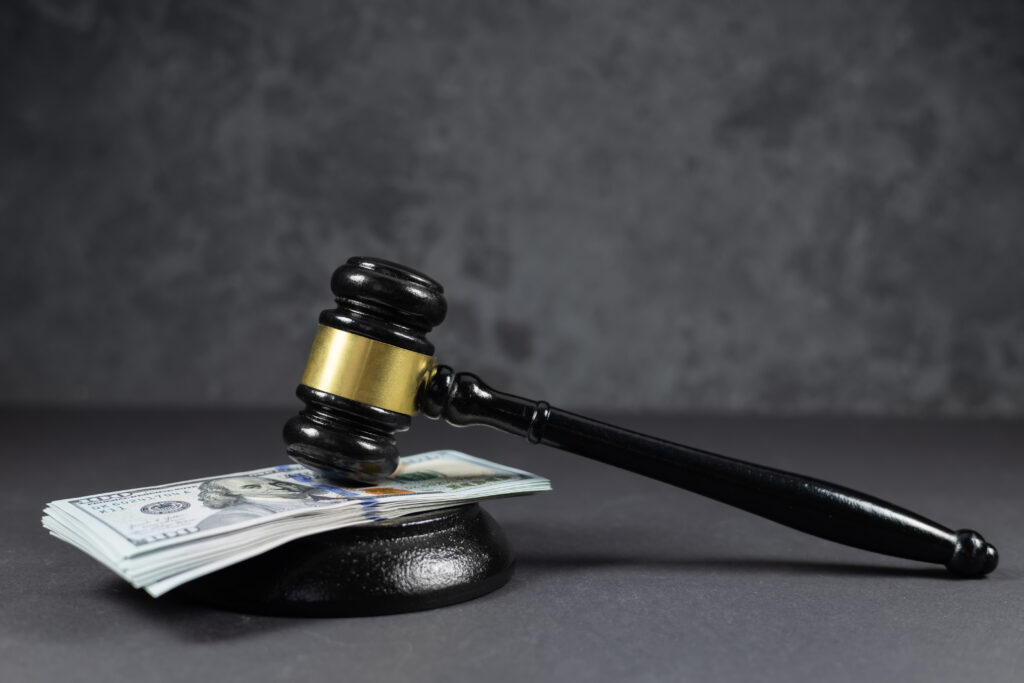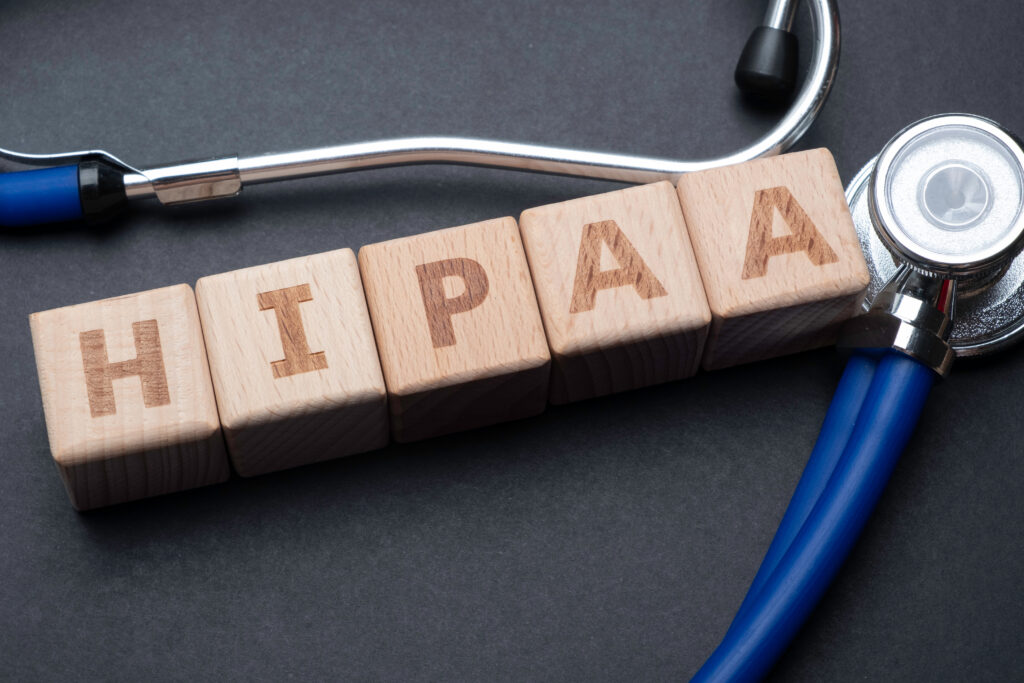Factors Determining the Relator’s Share of an FCA Recovery
From the earliest days of the False Claims Act (FCA), the federal government has understood that providing financial incentives to whistleblowers is one of the best ways to encourage private citizens to come forward and file qui tam actions. That is why the FCA expressly provides that in the event of a successful case, the whistleblower is entitled to receive between 15-25% of any funds recovered in an intervened case, and 25-30% of any funds recovered in cases that the whistleblower has to litigate without government intervention. This payment to the whistleblower is known as the “relator’s share.”
One question that potential whistleblowers often raise is how the government decides what specific relator share to offer. After all, the difference between 15% and 25% can be hundreds of thousands or even millions of dollars, depending on the size of the case and the recovery.
The FCA itself does not answer this question. However, since the mid-1990s, the Department of Justice has generally relied on internal guidelines that list factors favoring higher percentages, as well as those justifying comparatively lower percentages.
When Higher Rewards Are Justified for Whistleblowers
The fourteen factors that the DOJ has identified as justifying higher rewards are as follows:
1. The relator reported the fraud promptly.
2. When he learned of the fraud, the relator tried to stop the fraud or reported it to a supervisor or the Government.
3. The qui tam filing, or the ensuing investigation, caused the offender to halt the fraudulent practices.
4. The complaint warned the Government of a significant safety issue.
5. The complaint exposed a nationwide practice.
6. The relator provided extensive, first-hand details of the fraud to the Government.
7. The Government had no prior knowledge of the fraud.
8. The relator provided substantial assistance during the investigation and/or pretrial phases of the case.
9. At her deposition and/or trial, the relator was an excellent, credible witness.
10. The relator’s counsel provided substantial assistance to the Government.
11. The relator and his counsel supported and cooperated with the Government during the entire proceeding.
12. The case went to trial.
13. The FCA recovery was relatively small.
14. The filing of the complaint had a substantial adverse impact on the relator.
Why a Whistleblower Might Receive a Smaller Payout
The eleven factors that the DOJ has identified as justifying comparatively lower rewards are:
1. The relator participated in the fraud.
2. The relator substantially delayed in reporting the fraud or filing the complaint.
3. The relator, or relator’s counsel, violated FCA procedures, such as:
- The complaint was served on the defendant or not filed under seal.
- The relator publicized the case while it was under seal.
- A statement of material facts and evidence was not provided.
4. The relator had little knowledge of the fraud or only suspicions.
5. The relator’s knowledge was based primarily on public information.
6. The relator learned of the fraud in the course of her Government employment.
7. The Government already knew of the fraud.
8. The relator, or relator’s counsel, did not provide any help after filing the complaint, hampered the Government’s efforts in developing the case, or unreasonably opposed the Government’s positions in litigation.
9. The case required a substantial effort by the Government to develop the facts to win the lawsuit.
10. The case settled shortly after the complaint was filed or with little need for discovery.
11. The FCA recovery was relatively large.
When a Whistleblower Wins, We All Do
No particular factor is weighted more heavily than any other, and not every factor will be relevant in every case.
It is also important to note that the DOJ cannot force a whistleblower to accept a relator’s share that he or she believes is unfair. If the whistleblower and the government cannot agree, then the Court has the final say in what share to award, so long as it is within the statutory range. The Court has very broad discretion in this decision and is not obligated to follow the DOJ guidelines.
Curious to know what rewards you could receive as a whistleblower? Barrett Johnston Martin & Garrison, PLLC, is committed to representing whistleblowers throughout the country. If you have information or questions regarding a potential case of health care fraud, FCA violations, or kickback schemes, schedule a free and confidential consultation with our firm.







